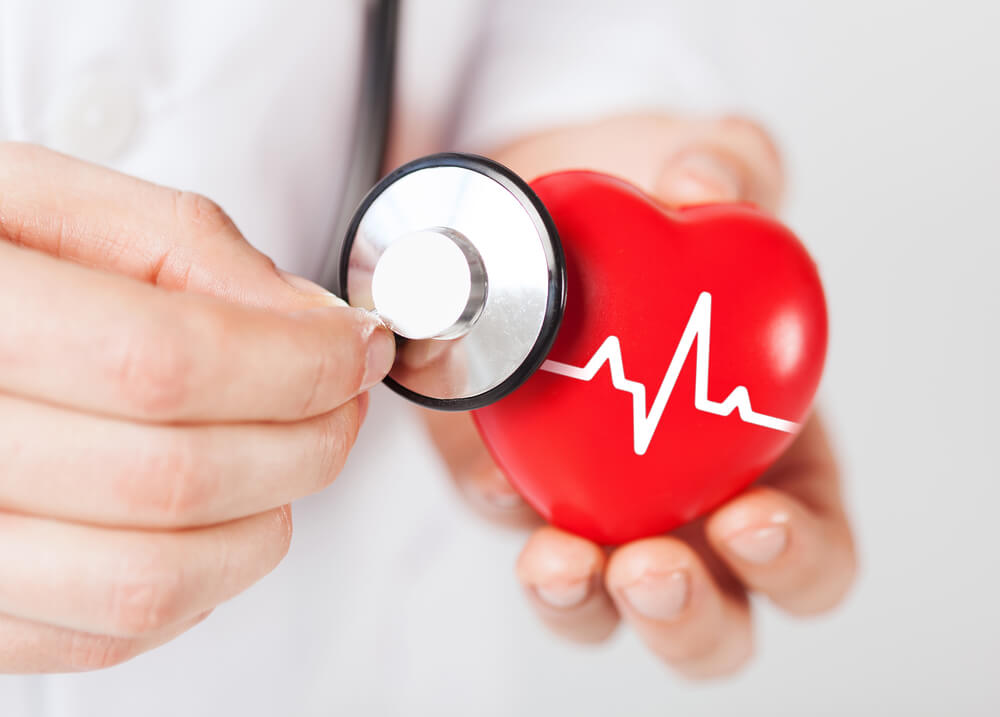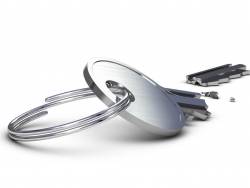What Types of Cardiologists Are There?
The heart’s job is to pump blood throughout the body; it’s one of the most important muscles you have. Naturally, there is a great deal of study that has been done on this organ, with many different types of cardiologists specializing in different aspects of it. Dr. Anne-Marie Feyrer-Melk, from a local practice of Scottsdale cardiologists, has helped explain what the different types of cardiologists are and what each one focuses on.
What Is Cardiology?
Cardiology is a scientific discipline that deals specifically with the heart. A person who studies this is a cardiologist. They look at different disorders and diseases that can affect the heart. This branch focuses on preventive measures like exercise, along with surgery and medicine.
Cardiology, because it’s such an important discipline, requires an intensive amount of schooling, including four years of general medical school, along with another three years of internal medicine training. From here, they may have to complete another three years of specialized training.
What Are the Different Types of Cardiologists?
There are quite a few different types of cardiologists. There are general cardiologists that deal with the big picture, while interventional ones are more focused on surgery. Electrophysiologists deal with the electrical signals of the heart, while pediatric cardiologists work with children.
- General Cardiologist: When someone is having some sort of heart problem, they are usually referred to a general cardiologist first. These type of doctors examine the heart and come up with a possible diagnosis. Once they understand the nature of the problem, they refer the patient to a specialist.
- Interventional Cardiologist: People who suffer from heart disease, whether it is in the form of vascular or coronary artery disease, typically need some sort of surgical procedure to set their heart back to beating normally. Interventional cardiologists are the ones that usually perform these procedures.
- Electrophysiologists: Focusing on the beating of the heart, these doctors look at the bio-electrical impulses to see if the heart is following the proper rhythm. These specialists fix abnormal beating with the use of pacemakers, medicine, and other surgery.
- Pediatric Cardiologist: As the name suggests, these practitioners focus on the hearts of children and babies. Because different birth defects and growing pains can cause damaged or malformed hearts in children, these doctors are particularly important.
What Can I Expect at a Cardiologist Appointment?
Most first-time appointments last for about an hour but can vary depending on what you are there for. Expect general questions related to your health, along with specific questions on why you are there. You might get prescribed medications or other recommendations.
When at an appointment, it’s best to have a good knowledge of any medications you are taking, along with a good understanding of your own medical history along with that your family members. Be sure to mention any surgeries or injuries you have had in the past.
What Are Some Common Forms of Heart Disease?
There are many different forms of heart and cardiovascular disease -- things like a peripheral artery and congenital heart disease can sneak up on you, while more acute and life-threatening heart problems in the form of stroke and heart attack are also fairly common.
About a quarter of all people in the United States die from some form of heart disease. While it affects everyone to some degree, men, people of certain socioeconomic backgrounds and races vary in how heart disease will affect them.
What Are Some Factors in Heart Disease?
A sedentary lifestyle, high weight, smoking, and heavy usage of drugs all increase the chance of cardiovascular diseases. Other diseases like diabetes and some neurological conditions can also exacerbate heart problems.
Maintaining a proper diet and exercising regularly along with managing stress can all improve the condition of the heart noticeably. Aerobic exercises such as running, biking, and swimming are some of the best heart-healthy things you can do.






















